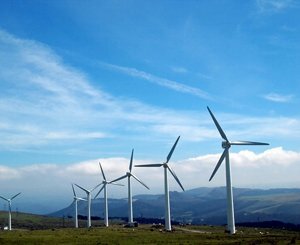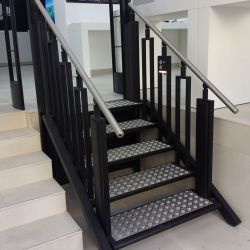The German-Spanish manufacturer of wind turbines Siemens Gamesa announced a few days ago a record loss of nearly one billion euros in its 2021-2022 financial year, the last before its withdrawal from the Stock Exchange, while the group wishes cut 2.900 jobs worldwide.
Selection of products
To read also
-
 French solar panel manufacturer Systovi announces the cessation of its activities
French solar panel manufacturer Systovi announces the cessation of its activities
-
 Prysmian unveils its new identity
Prysmian unveils its new identity
-
 LG Air Solution Europe unveils the future of HVAC
LG Air Solution Europe unveils the future of HVAC
-
 Rockwool presented its innovations at the Nordbat exhibition at the Grand Palais in Lille
Rockwool presented its innovations at the Nordbat exhibition at the Grand Palais in Lille
-
 The leader in chimney flue signs his first quirky and humorous TV spot in the form of a saga
The leader in chimney flue signs his first quirky and humorous TV spot in the form of a saga
-
 Saint-Gobain acquires the Canadian group Bailey for 600 million euros
Saint-Gobain acquires the Canadian group Bailey for 600 million euros
-
 Clareo publishes the 1st Product Environmental Profile of the lighting market in the INIES database
Clareo publishes the 1st Product Environmental Profile of the lighting market in the INIES database
-
 The Perin Group reveals its new identity
The Perin Group reveals its new identity
Popular News
-
 The mortgage rate fell in February, for the first time in 1 years
The mortgage rate fell in February, for the first time in 1 years
-
 Building and real estate: a sector plagued by crises but whose ecological transition is underway
Building and real estate: a sector plagued by crises but whose ecological transition is underway
-
 As the world burns more fossil fuels than ever, persistent obstacles hamper the race for renewable energy
As the world burns more fossil fuels than ever, persistent obstacles hamper the race for renewable energy
-
 The National Housing Agency announces a national France Rénov' tour with an official launch in Chartres on April 19, 2024
The National Housing Agency announces a national France Rénov' tour with an official launch in Chartres on April 19, 2024









